When all of the world seems to be pressurizing you to choose between two unwelcome outcomes, it takes great intelligence to think outside the box.
Most take as their only options those presented as such by authority figures and other powerful people. Mostly there are no choices apparent in the process, particularly when a nation is at war.
You do as your government directs, even if that way seems deadly, demanding sacrifice as standard. All history, tradition and peer pressure colludes against your right to survive. Media, clerics and other sources of information encourage your assent; justifications shifting according to epoch and location.
It requires tremendous wit to see past such an onslaught and discern further choices beyond the given. Then great courage and self-possession to follow through, selecting one of them instead.
That's true today. For peasants in the Middle Ages, the psychological shift seemed to rail against all reality; endangering immortal souls through lack of obedience to their ruler's will, when social class was viewed as divinely ordained.
Yet, a whole town once did just that - thwarting the will of not one, but two monarchs, and an heir apparent too. These erstwhile serfs were supposed to stand and die as cannon fodder in somebody else's war. Selecting only which side for which they might declare.
The beleaguered population of Llanrwst chose self-preservation instead. Then engineered acceptance for their decision so brilliantly, that even said royals were forced to comply.


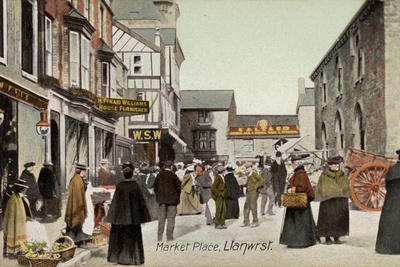
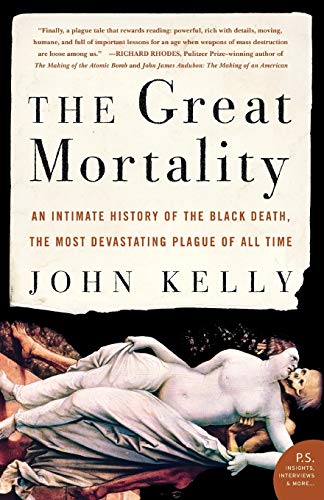
















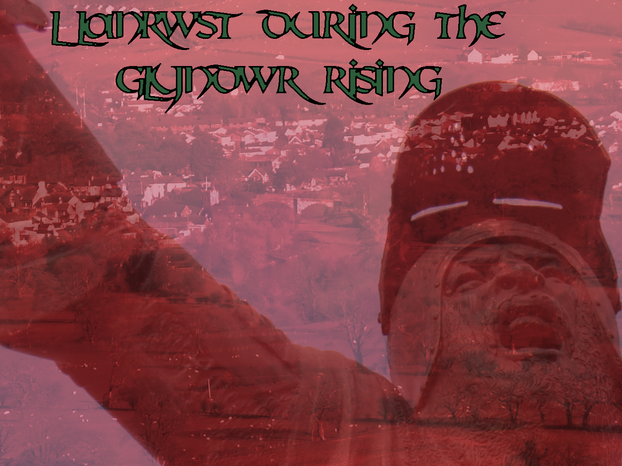









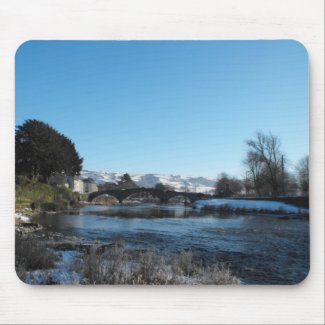
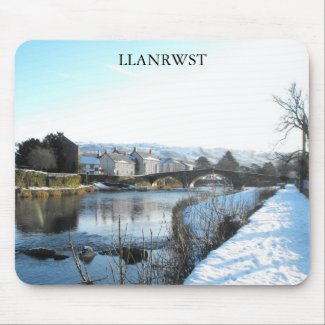








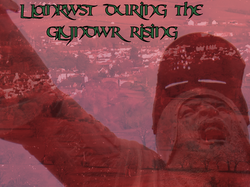

 St Tydecho's Churches in West Waleson 09/03/2014
St Tydecho's Churches in West Waleson 09/03/2014
 Goodies for an Outlander Premiere Partyon 03/06/2015
Goodies for an Outlander Premiere Partyon 03/06/2015
 Holocaust Memorial Day Interview with Rainer Höss, Grandson of Rudolf Architect of Auschwitzon 01/24/2015
Holocaust Memorial Day Interview with Rainer Höss, Grandson of Rudolf Architect of Auschwitzon 01/24/2015
 Romantic Valentine Gifts for an Outlander Fanon 01/16/2015
Romantic Valentine Gifts for an Outlander Fanon 01/16/2015

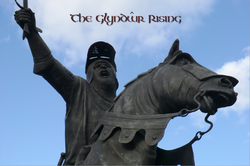
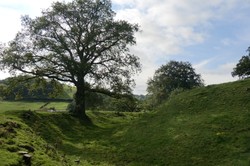
Comments
A superbly written piece of history, a great accessible style. There's a lot to take in here, lots of excellent information and well worth a re-read.
I thought this was fabulous! I'm planning to visit Llanrwst in the New Year and find that cave. It's a great way for them to step out of their design for life.
That is known as taking higher ground. Great story. Smart people.
Son amdan Cymru, Lloegr a Llanrwst.... I should add that YouTube video into this Wizzle. (Edit: And I've done just that! Thanks for the Reddit link, and to ap Cunedda too for the heads up on the song.)
yeah it was r/historywales :) It has had upvotes but I think it is a smaller sub so discussion might be slow to take off ^_^
(edit* except that after posting this comment I went and checked and there's been a youtube video of a song posted about it! XD)
I've spoken with her and given her blanket permission to use any of my articles. I consider it such an honour when she does.
Thank you so much for sharing this on Reddit. Was it r/historywales? Did they like it?
Yep yep!
Frey frey is looking for other stories by you to read out, since your other one went well, and you're able to give her permission to use them (lol).... Do you think this'd be a good one to use?
I shared this on reddit by the way! In history Wales
It's fleshed out a great deal from the version that I told you the other day! But recounting it there is what inspired me to tell it here in more detail.
I also think it best that they didn't chose a side.
This is really a very interesting story.
I answered your poll, but to tell you the truth, I think it is best that they didn't chose a side.
I'm glad that you thought so, and thank you for reading it.